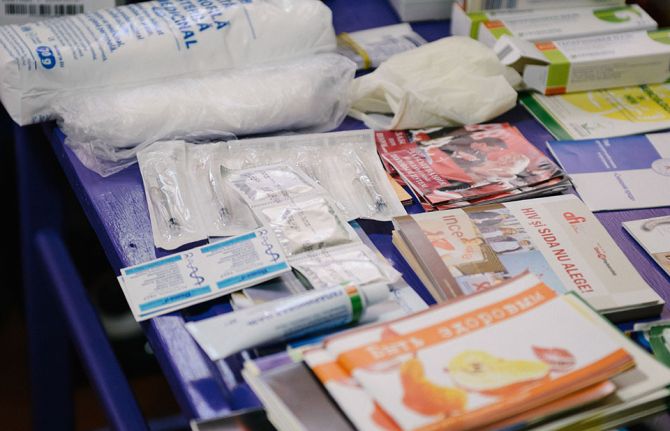

Feature Story
Gaps in antiretroviral therapy coverage among prisoners living with HIV
22 February 2021
22 February 2021 22 February 2021On any given day, approximately 11 million people worldwide are in confinement. Drug injection and sexual intercourse occur worldwide in prisons. The risk of sexual violence among prisoners—and their insufficient access to condoms, lubricants, pre-exposure prophylaxis and harm reduction services—heighten their chances of acquiring HIV, hepatitis C and sexually transmitted infections.
Among people who inject drugs, recent incarceration is associated with an 81% and 62% increased likelihood of HIV infection and hepatitis C infection, respectively.
Closed settings should, in theory, favour the delivery of effective testing and treatment services, although treatment interruptions and concerns about confidentiality and discrimination pose challenges. In 2019, 78 countries reported to UNAIDS that HIV testing was available at any time during detention or imprisonment, and 104 countries reported that antiretroviral therapy was available to all prisoners living with HIV. Coverage of antiretroviral therapy is good, although gaps remain.



